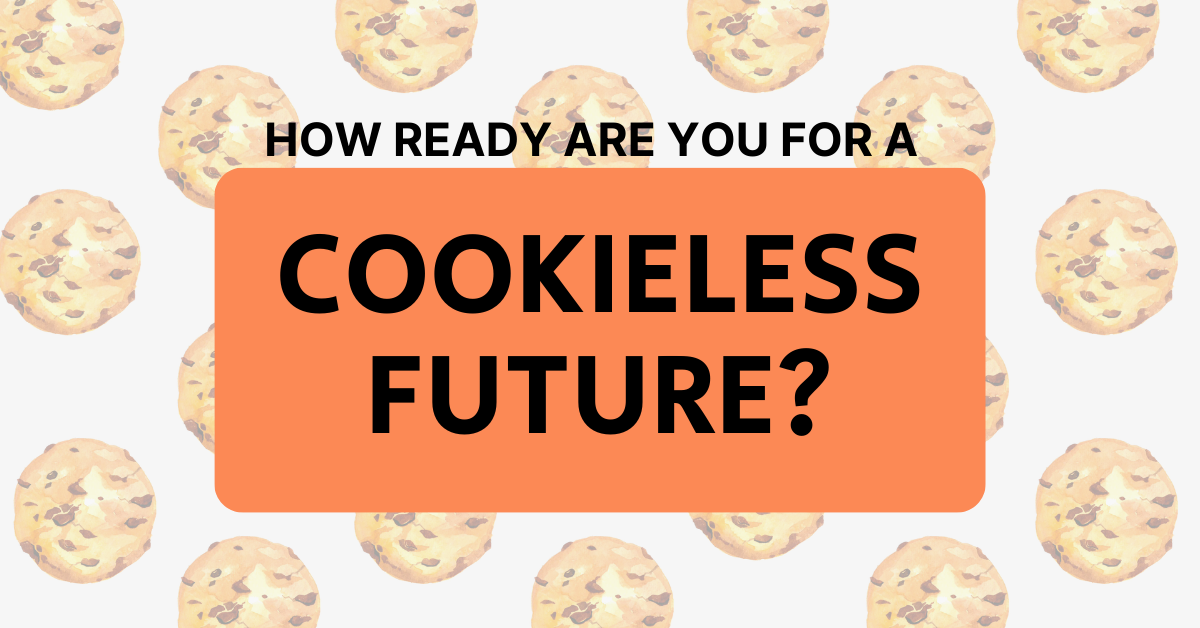Following quite a while of this way and that on the thought, Google is leaving its endeavors to eliminate outsider cookies from Chrome. In a declaration on July 22nd 2024, the pursuit goliath expressed that it will keep up with outsider treat usefulness for clients who decide not to cripple them. To guarantee client protection while keeping up with the viability of computerized promoting, Google is set to carry out another one-time quick, empowering clients to arrange security settings that will be steady across Google’s perusing stages.
This improvement is definitely not an enormous shock to close spectators of Google. In Forrester’s Showcasing Review, 2024 (embraced before Google’s declaration) more than 60% of advertisers said that they didn’t completely accept that Google would deplore the outsider treat. Set forth plainly, Google is too subject to this type of following to eliminate it without a solid option set up.
In any case, advertisers shouldn’t anticipate that the business should return to “the same old thing”. Despite the fact that Google is avoiding eliminating outsider cookies through and through, the business is as yet set out toward a fate of essentially diminished reliance on this type of following. This declaration purchases advertisers additional opportunity to survey options, however marks are as yet uncertain of what will supplant outsider cookies over the long haul.
Google had reported in 2020 that it would join Apple and Mozilla in gradually transitioning away from outsider cookies in its internet browser by 2022. Between them, Google Chrome (65%), Apple Safari (18%), and Mozilla Firefox (3%) take up 86% of the worldwide program market. In August 2024, a US judge decided that Google’s imposing business model in the web search tool market is “unlawful”, and Chrome’s predominant position assists with keeping up with Google as the main objective for search. Google additionally pays Apple and Mozilla “billions of dollars yearly” to be the default web index on their individual programs.
Apple and Mozilla have previously executed their treat clampdown, however Google has given itself additional opportunity to make the continuous progress. This makes vulnerability for advertisers, who should change their information procedures to get ready for an eventual fate of less reliance on outsider following.
What are cookies anyway?
Cookies assist organizations with playing out a wide assortment of helpful capabilities on the web. These little parcels of information were first utilized during the 1990s as a way for locales to ‘recall’ which things a client had added to their shopping basket. Before long, their utilization extended to incorporate validation of login status, following clients across various sites, and putting away a client’s perusing history.
So, cookies are a dependable method for passing on data about the web-based ways of behaving of people. Also, incidentally, the equilibrium has tipped away from their dependability and towards the intrusion of protection that cookies can empower.
There are various sorts of treat. The two most significant sorts are first-party and outsider treats.
First-party cookies are put away by websites. They empower these memorable sites a client’s settings and they can essentially further develop the client experience. These cookies are not designated by the new and impending changes.
Outsider cookies are made and put away by outer destinations, and not by the site the client is visiting. They can follow the client as they get across areas and retarget them with customized informing.
What is changing with cookies – and why?
Officials in the European Association and the US host third-gathering following cookies immovably in their sights. This should be put in its more extensive setting, notwithstanding. Online information security is a policy driven issue and new guidelines, for example, the GDPR and DSA have a lot more extensive degree than just treat based following.
Cookies are a side effect, not the actual sickness. And keeping in mind that Facebook might promote the progress of its customized advertisements as verification that purchasers need this sort of publicizing, there is likewise proof going against the norm. eMarketer gauges that in 2023, 31% of web clients had a promotion blocker empowered on something like one gadget. These promotion blockers forestall a piece of JavaScript code running on the page, so cookies can’t be made.
There is a more extensive shift towards more prominent straightforwardness online today and outsider cookies frequently work in a shadow economy. The issue with such an economy is that its members are seldom mindful of its internal activities. For instance, a large number of us are followed online without giving consent for promotion tech organizations to assemble and exchange our information. We can go even further: Many brands don’t have the foggiest idea how their promotion tech providers catch and cycle client information.
In the battle for straightforwardness, outsider cookies are an obvious objective.
According to a controller’s viewpoint, this is positively obvious. Yet, how could research seek after such a reckless endeavor? All things considered, Google makes the overwhelming majority of enormous promoting incomes from instruments use treat based following.
To put it plainly, Google is embracing an unavoidable change, all the better to shape what comes straightaway. There is little point in opposing this, particularly when they have such a great amount to lose on the off chance that an opponent makes the new norm by which any remaining stages should work.
Google will possibly eliminate outsider following when it is certain it can supplant it with something similarly successful and rewarding. This makes sense of why Google is presently back-following on its arrangement to expostulate outsider cookies by and large, selecting rather for a gradually worked approach that places the customer in charge.
What comes next for treats?
Apple’s Chief Tim Cook broadcasted a hopeful vibe at a 2019 gathering: “Innovation doesn’t require huge stashes of individual information sewed together across many sites and applications to succeed. Publicizing existed and flourished for quite a long time without it.”
Apple, obviously, doesn’t depend on promoting incomes – and one can detect that they are partaking in their new job as security defenders.
Actually, publicists currently realize that individual information energizes exceptionally powerful advertising efforts. They are probably not going to return to the old strategies in the event that they have a decision with regards to this issue.
The central issue for Google, alongside other promotion tech organizations as is Criteo: Could they at any point give treat like following abilities, while protecting the security of individual clients?
This appears to be an insoluble oddity. Particularly since any present moment workarounds that don’t protect security will be closed somewhere near controllers. The UK’s information insurance authority, the Data Official’s Office (ICO), has answered Google’s most recent plans by expressing, “We are frustrated that Google has changed its arrangements and no longer means to deplore outsider cookies from the Chrome program.” It is not yet clear assuming they will make a further move and they will believe Google should keep on doing whatever it may take to lessen obtrusive following.
Under this proposition, publicists wouldn’t have the option to target individual clients, as they can today through remarketing. All things considered, they would target bunches that display ways of behaving that suggest an interest in their item or administration.
In early tests, Google reports that promoters could hope to see “something like 95% of the transformation per dollar spent when contrasted with treat based publicizing”. We ought to take note of that Google tried this strategy against cookies just corresponding to in-market and proclivity crowds in this analysis. In any case, as an underlying step, this ought to be empowering for promoters. Albeit some type of outsider following will be accessible for the momentary future, promoters ought to hope to see further trial and error in this field and new answers for show up available.
How might advertisers plan?
Whether Google eventually eliminates outsider cookies through and through or holds this type of following, the course of movement for the business is clear.
The clearest vital shift is a create some distance from individual client following and towards more relevant publicizing. This implies drawing near to the examples of the client venture, as opposed to following every client’s excursion.
For instance, in the auto area brands would focus on the ways of behaving that clients show on their way to buy and make successive substance to match that excursion. That could mean putting promotions close by articles that survey specific models of vehicle, or YouTube recordings of a most recent television advertisement crusade.
Sponsors should layer more prominent comprehension of their clients on top of this methodology. This can come as first-party information, which organizations can accumulate by drawing nearer to their clients. It is fundamental to exhibit that information will be dealt with mindfully, yet additionally that clients can anticipate a superior help as a trade-off for sharing their delicate data. To assist with this, advertisers ought to go for the gold ‘by plan’ on their sites and applications as standard.
There is no requirement for advertisers to overreact about these continuous changes. Each of the above comes from a client driven perspective on how the internet based world ought to work. In the event that advertisers remember this and spotlight on keeping up with client security, future guidelines will offer little concern. That change in accentuation won’t eliminate the strain to convey results, obviously. However, as an industry, we as a whole need to continue on from a monetary model that requires intrusive following to convey those outcomes.



